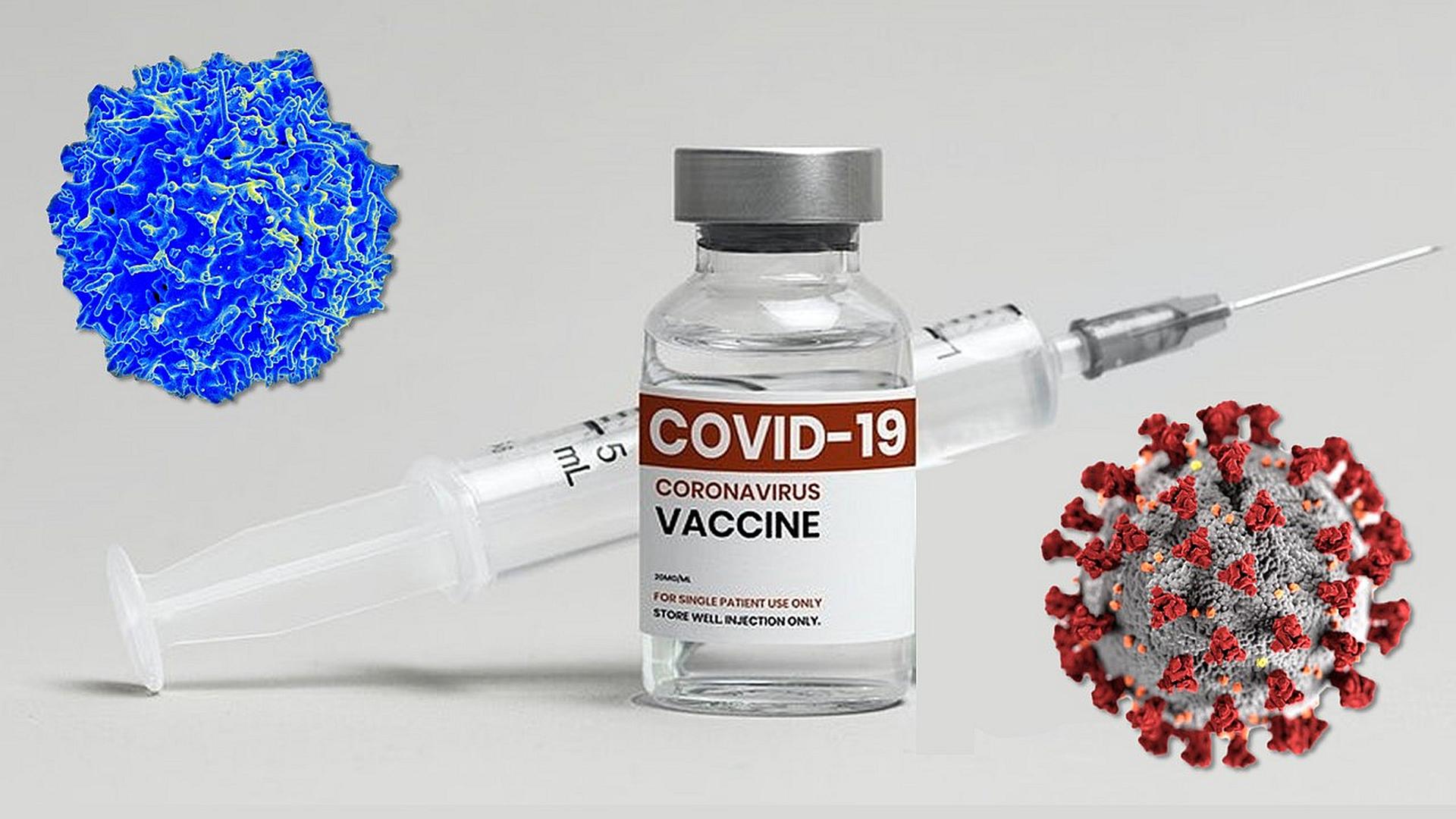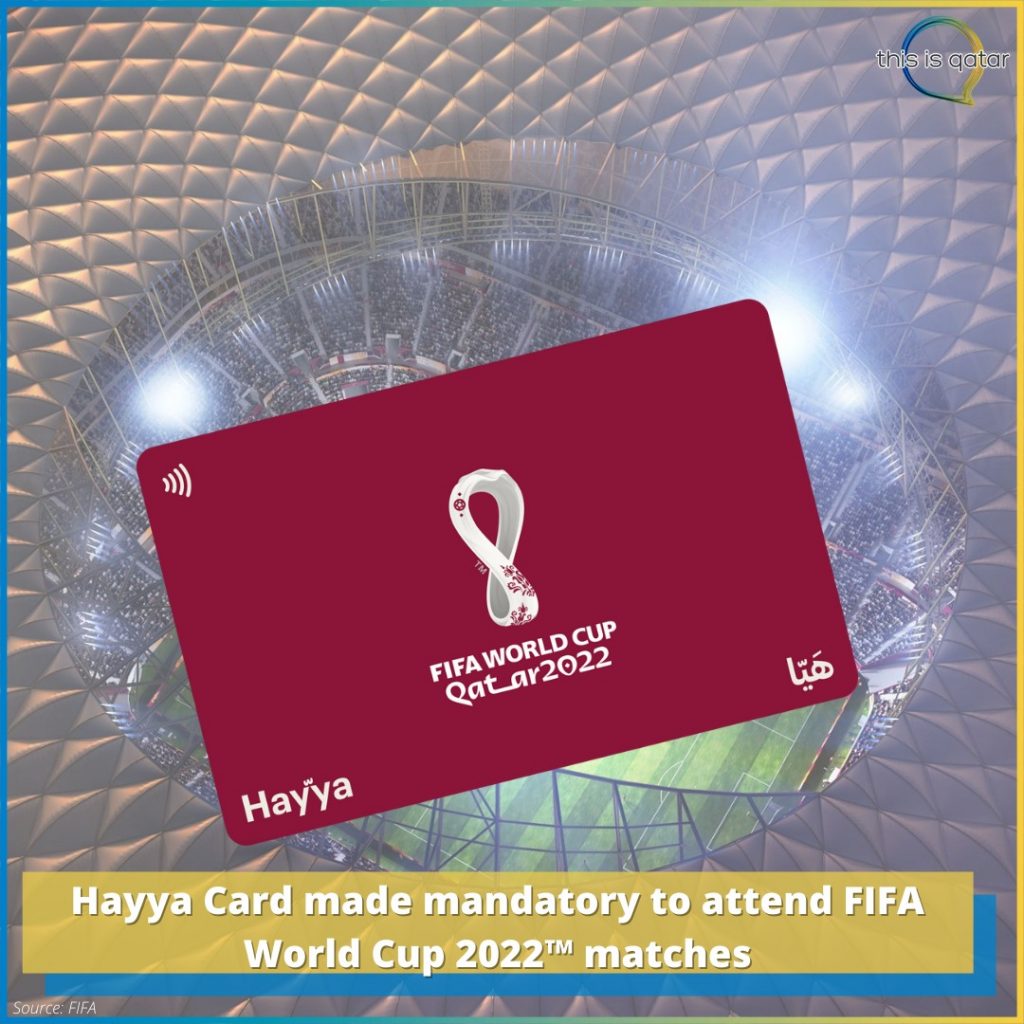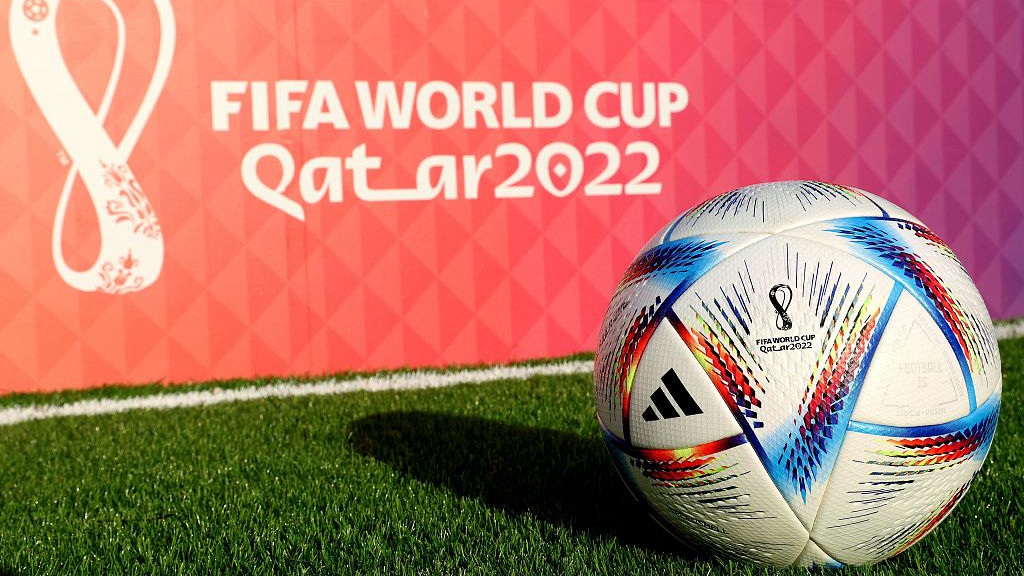Since it was announced that Qatar would host the 2022 FIFA World Cup, the nation has left no stone unturned to make sure that the visitors’ enjoyment will be full to the brim. However, the COVID-19 outbreak derailed a lot of initiatives. At the peak of the pandemic, Qatar reported 220,800 cases and 585 fatalities. However, the biggest event of the year is set to take place during the pandemic. So, the indigenous authorities are on high alert and making sure all the visitors are fully vaccinated.
The government of Qatar has announced that entrance to games at the 2022 World Cup will depend on whether or not spectators have received coronavirus vaccinations. According to Qatar’s Prime Minister, Sheikh Khalid bin Khalifa bin Abdulaziz Al Thani, the Gulf country is looking to secure a million doses of vaccine to immunize tournament attendees. The inaugural Middle East World Cup is scheduled to begin on November 21, 2022.
What are vaccination policies for the native citizens?
Prior to the FIFA World Cup 2022, all indigenous individuals will have to take at least two doses of government approved vaccines. The Pfizer-BioNTech and Moderna vaccines were used in Qatar’s nationwide vaccination program, which began in January 2021. Age, occupation, and pre-existing medical issues were used as priority factors for access to the COVID-19 immunizations.
What are vaccination policies for tourist spectators?
Within 48 hours after departure, all international travelers must show proof of a negative PCR COVID-19 test. The only tourists who are exempt from quarantine upon arrival are those who have received all required vaccinations and those who are under the age of 12. The government officials recommends that tourists who have received two doses of a conditionally approved vaccine followed by one dose of Pfizer or Moderna vaccine and after 14 days from the last dose will be considered fully immune.
What are vaccination policies for players and team officials?
FIFA issued direct encouragement to football players to be vaccinated for the first time. The authorities highly recommend that all the players and team officials get their jabs as soon as possible. Under a planned new health protocol, players competing in the World Cup will not need mandatory COVID vaccinations and will instead be able to take tests.
Fifa said in a statement issued on Sunday night: “We encourage Covid-19 vaccinations and endorse the World Health Organization’s position: safe, fair, and equitable access is critical in all countries. Players should not receive priority access to vaccines.”
Which vaccines are approved by the Qatar administration?
When the COVID-19 vaccines were approved by the WHO (World Health Organization), most of the hopeless nations approved all of them or four to five of them. However, the government of Qatar is showing signs of skepticism about the efficacy of various vaccines. Which is why they have approved only four vaccines with the most efficacy, Moderna, Pfizer, Johnson and Johnson, and Astrazeneca.

Is there any exemption/exception for an unvaccinated individual?
The Qatar government has relaxed some strict rules and regulations. It seems individuals who are not fully vaccinated can still attend the matches as long as they are tested negative. However, Unvaccinated travelers must stay in isolation in a designated hotel for 7 days to complete the quarantine process when they arrive in the country.
Do you need to carry Vaccination certificate all the time?

You will need to show the vaccination certificate at the airport upon arrival if you are a fully vaccinated traveler. However, you don’t have to carry it, instead you can have a Hay’ya Card. A Hay’ya Card is a type of fan ID that will be necessary to enter the country and attend tournament matches. On match days, it will also provide free public transportation. If you plan to visit Qatar between November 1, 2022 and January 23, 2023, you must have an approved Hay’ya Card, regardless of whether you intend to attend a World Cup match. Besides, you can still carry your vaccination certificate when you enter the stadium because it’s better to be safe than sorry.








